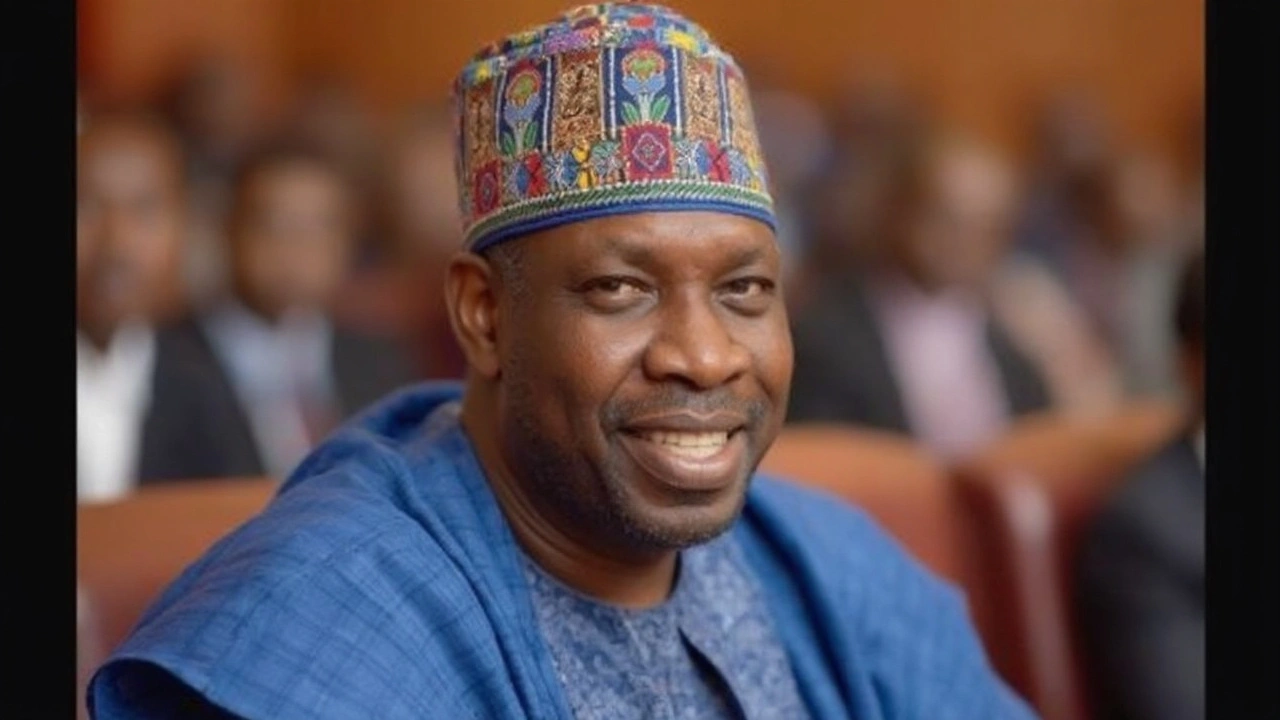Ibrahim Badamosi Babangida, often referred to by his initials IBB, remains a significant figure in Nigeria's political history. Leading the country as a military ruler from 1985 to 1993, his tenure was marked by significant policy shifts and a mix of praise and criticism. Recently, Babangida has been making headlines again, apparently offloading some of the burdens from his controversial reign.
Babangida's Leadership Legacy
During his time in power, Babangida was at the helm of several critical decisions that shaped Nigeria's future. His administration was known for economic reforms, including the introduction of the Structural Adjustment Program and moves towards privatization. Though these policies were aimed at reviving the nation's economy, they were met with resistance and sparked debates about their long-term impact.
Babangida also played a role in transitioning Nigeria towards civilian rule, though his annulment of the 1993 presidential elections remains one of the most contentious events of his leadership. This decision sparked uproar and is often cited as a pivotal moment that overshadowed many of his other efforts.

A New Chapter?
As Babangida speaks more openly about his past, it seems he's ready to confront some of the shadows that have lingered for decades. Whether it's an attempt to clear misconceptions or a sincere effort at reconciliation, this new chapter opens possibilities for dialogue about his impact on Nigeria.
The broader public remains divided. Some appreciate Babangida's recent openness and view it as a step towards understanding the complexities of Nigeria's political evolution. Others question the timing and wonder if this is part of a broader agenda.
One thing is clear; by addressing the burdens of his past, Babangida is once again in the spotlight, and as Nigeria continues to grapple with its political dynamics, his legacy will undoubtedly influence discussions around leadership and governance.

